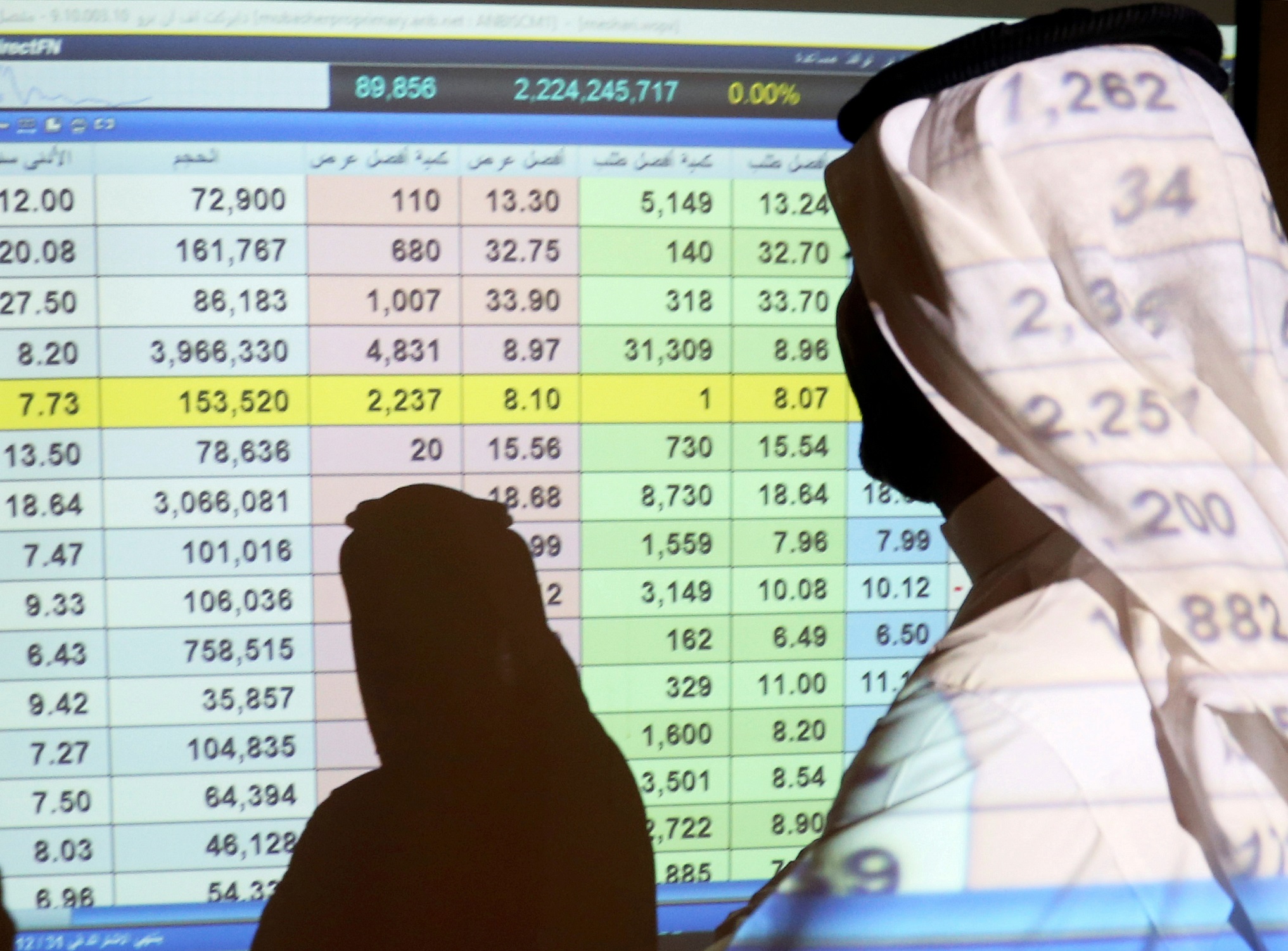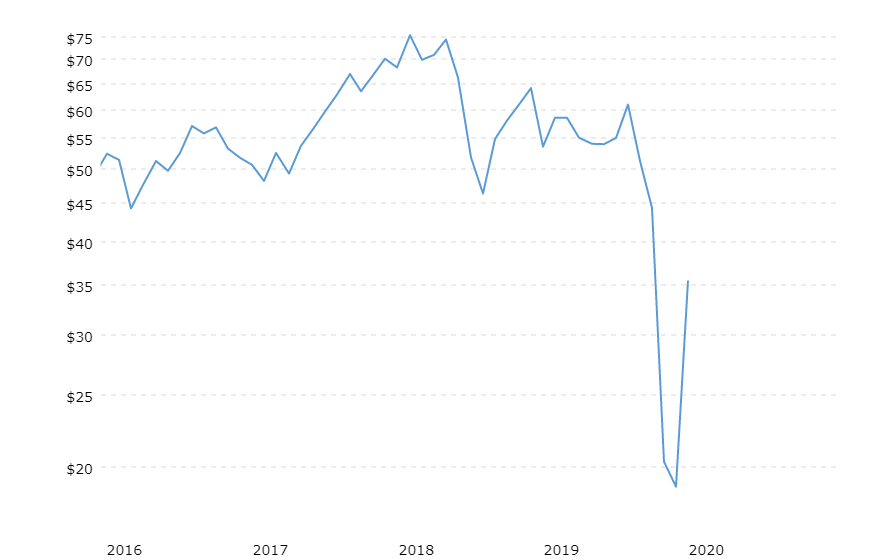Publications
INSS Insight No. 1327, June 1, 2020

The current economic crisis in the Gulf states stems from the consequences of the coronavirus pandemic on both the local and global economies, including the sharp drop in oil prices. This article examines how these states are contending with the crisis. Among the dilemmas facing the regimes: the extent to which the “contract” that guarantees overall welfare to the public can be compromised without upsetting stability; the extent to which employment of foreign workers can be curbed without harming economic performance; and the extent to which currency reserves can be used and the national deficit increased, at the expense of resources needed for the future. The Saudi regime faces additional dilemmas of whether to withdraw from ambitious projects launched by Crown Prince Bin Salman, and whether and how to end the costly war in Yemen. Saudi Arabia’s announced VAT hike from 5 to 15 percent (as of July) signals the expected substantive blow to the public welfare, and signs of public discontent are already evident. The Gulf’s economic situation will also have ramifications for Egypt, Jordan, and the Palestinians, due to the possible reduction of support and investments by the Gulf states and lower remittances by the foreign workers in the Gulf.
The coronavirus crisis prompted Arab rulers in the Gulf to earmark around $121 billion in assistance packages for their economics: the United Arab Emirates (UAE) allocated $34.3 billion; Saudi Arabia, $32 billion; Qatar, $20.6 billion; Oman, $20.8 billion; Bahrain, $11.4 billion; and Kuwait, $1.5 billion. Among the aims of the Saudi aid, for example, is to help businesses by deferring tax payments and providing exemptions from government tolls and tariffs.
The Gulf states have suffered a sharp reduction in revenues due to the plummeted price of oil and gas in the global market. While OPEC, led by Saudi Arabia, reached agreement with Russia on a joint reduction in oil production in order to temper the dramatic price drop, that was not enough. As of May 28, 2020, the price of oil is $35 per barrel (Brent), compared to $65 per barrel in early January, while under the OPEC+ deal Saudi production is meant to reach around 8.5 million barrels per day (MBPD) in May compared to some 9.7 in January. Of the 8.5 million, some 6 million are intended for export, and the rest for internal consumption.

Despite the increase in the price of oil in May, Saudi Arabia needs a price of around $80 per barrel (at a production level close to 10 MBPD) in order to balance its budget: approximately 70 percent of the Saudi budget is based on oil. Of the smaller countries, Qatar is relatively well-positioned, requiring an oil price of some $40 per barrel in order to balance its budget. By contrast, the less well-off Oman and Bahrain are at greater economic risk. There has been an additional blow to the tourism sector, which is especially severe for Saudi Arabia given the cancellation of the Umrah (the pilgrimage permitted throughout the year) and concern that the annual Hajj pilgrimage, scheduled for July, might also be canceled. Religious tourism is a core source of revenue that is not oil-related, and cancellation of the Umrah and Hajj would be expected to result in some $15 billion in losses.
The Gulf states still have significant assets and currency reserves that will help cover the budget deficits, but the dilemma over drawing on them is significant. Moreover, some of these reserves are invested in assets whose value has declined due to the crisis. The states are also issuing bonds on a large scale in international markets. The scale of bond revenue that Saudi Arabia wants to raise this year is expected to near $60 billion, twice what was originally planned.
Saudi Arabia’s budget deficit is expected to deepen this year, reaching – according to the Saudi investment house Jadwa – a record $112 billion. In interviews granted in May 2020, Saudi Finance Minister Mohammed al-Jadaan warned of “tough measures” on what he deemed a long “road ahead.” He stressed that this was “the kingdom’s most serious crisis in decades,” which contrasted with his previous assertions that the kingdom was prepared to cope with the situation. On May 10, he announced that VAT would be hiked from 5 to 15 percent as of July 2020, and that the monthly stipend heretofore given civil servants to offset the rise in VAT and gasoline, electricity, and water prices would be canceled. VAT was controversial when it was imposed in 2018, and the sharp hike at this time has already stirred some backlash on social media, including statements of longing for the late King Abdullah. (Contrary to Saudi Arabia, the UAE, whose economy is the second-most important in the Gulf, announced that, for now, there is no plan to raise VAT, which stands at 5 percent.) Furthermore, the private sector has suffered the harshest blow. To soften it, the Saudi government is paying 60 percent of the wages of some of the staff in this sector. The bloated public sector, which is considered a traditional base of support for the palace, is expected to be less hard-hit, but there may be no avoiding a wage cut there too, as declared by Oman. Saudi Arabia may also have to cut its high defense spending and make decisions in the political sphere, chiefly, whether to pursue the costly war in Yemen and the embargo on Qatar, which also carries a sizeable price tag.
It is clear to the regimes that use of currency reserves, assets, and bonds for day-to-day needs would be at the expense of the future ability of the Gulf states to develop their economies and make them less dependent on oil. Consequently, in order to limit the recourse to these assets, economic reforms and projects relating to entertainment and tourism will likely be delayed. In Saudi Arabia this applies, inter alia, to the slated creation of Neom, a “city of the future,” with a planned investment of $500 billion, and to grandiose tourism and leisure initiatives that are part of the Vision 2030 launched by Bin Salman in the name of transforming the Saudi economy and society.
Though preserving internal stability leads the agendas of the Gulf regimes, and while the publics are accustomed to their respective palaces providing for most of their needs, it appears that cuts in public welfare are inevitable. The announced tripling of VAT in Saudi Arabia reflects this trend. However, if the rulers prove too heavy-handed against their subjects, there will be an increased risk of social unrest. This is a risk that the regimes will try to contain and arrest, including through heightened enforcement and suppression.
Furthermore, the coronavirus pandemic has restored the issue of 30 million migrant workers in the Gulf to the agenda. In four of the six Gulf states, foreign workers outnumber citizens: they constitute 88 percent of the population in the UAE; 75 percent in Qatar; 73 percent in Kuwait; and 51 percent in Bahrain. The aggravated health and economic situation of many foreign workers led to some publics criticizing the workers themselves, their employers, and the governments for not taking charge of the issue. Several Gulf states have stopped issuing work visas, and in some cases, have begun deporting foreign workers to their countries of origin. Deportations are expected to increase upon the resumption of international flights. The steps that Gulf states are taking are similar to those pursued in the past, and it appears that “labor localization” plans are promoted. Implementing these will require a difficult process of coordination, including public education and training. Approximately half of the Saudi population has a high-school education or less, despite the kingdom’s educational spending being among the world’s highest. In addition, citizens of Gulf countries will likely not be in a rush to replace the foreign workers.
The economic situation in the Gulf also impacts on Arab countries that are dependent on Gulf trade or on loans and grants from the Gulf, especially Egypt and Jordan, which enjoy remittances from their citizens who work in the Gulf. The Palestinians too are liable to suffer harm. Indeed, the drop in gas revenues may make it hard for the regime in Qatar, the world’s biggest exporter of liquefied natural gas, to justify the aid it provides Hamas controlled Gaza to the Qatari public.
The economic crisis that has worsened during the coronavirus crisis demonstrates again the scope of Gulf countries’ dependency on the global oil market. Gulf states can exploit the current crisis for the improvement of their economies’ performance – by bringing more of their citizens into the workforce and reducing the number of foreign workers, strengthening the private sector, suspending grandiose initiatives, and prioritizing high-yield projects that are not dependent on the oil market. And yet the quest for revenue sources that are not oil-dependent will require many resources that are today in competition with resources needed to moderate the reduction in the public’s quality of life. It would appear that in the current situation, the regimes – especially Saudi Arabia – will have no choice but to cut back the expansive living conditions of the public, which are predicated on a “contract” with the ruling class, serve as the basis for the Gulf’s monarchic power structure, and include “cradle to grave” benefits. In other words, exploiting opportunities that might present themselves as part of the current crisis necessitates imperiling internal security in the short and medium terms for the sake of the long term.


